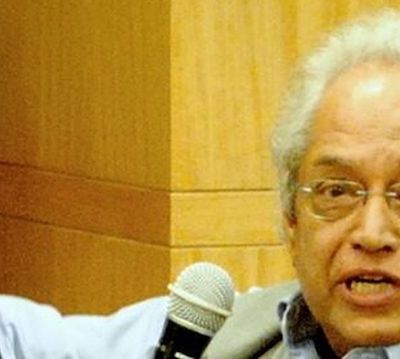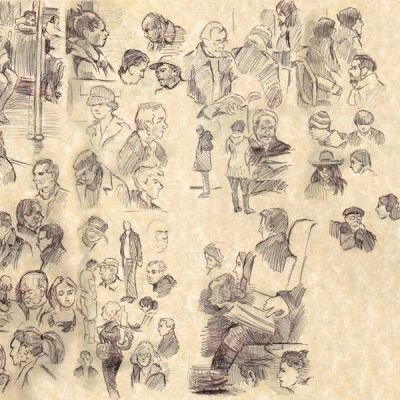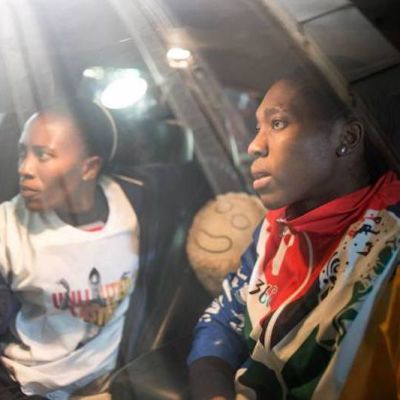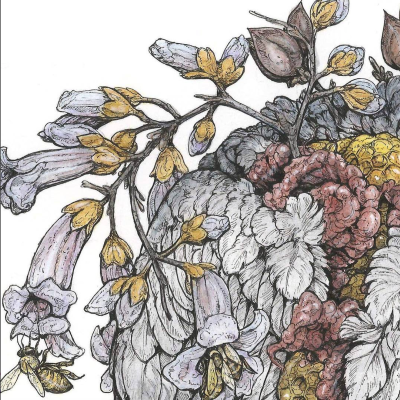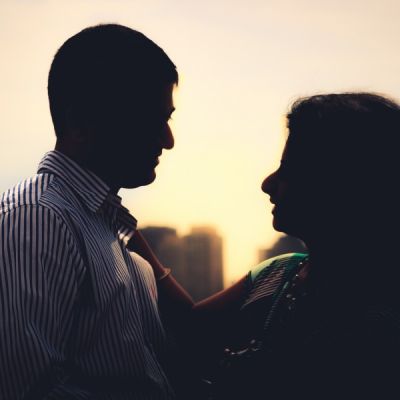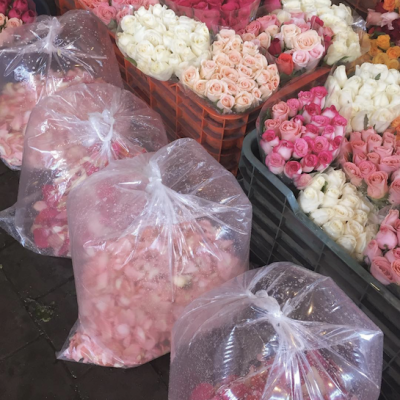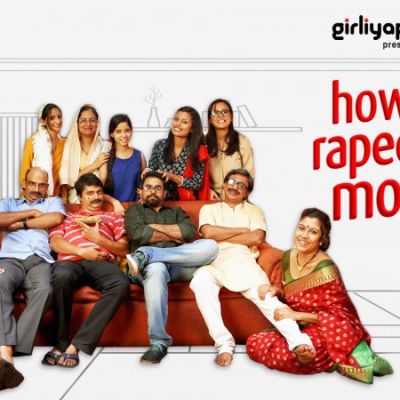Categories
Kakar talks about the divide between Ayurveda and modern medicine, Freudian psychoanalysis and Indian metaphysics, and the fault lines between colonialism, religion and sexuality.
A year ago, just ten minutes after I had landed in the Punjab and Haryana High Court. I was introduced to this young lawyer – not the least bit enthusiastic, a big critic of the law, of lawyers, of the High Court, and most importantly, of women. “Let me tell you a secret: law is not a profession for girls,” said he.
The answer depends on what feelings are evoked in you by these four words: yogi, wild, erotic and witch. Does “yogi” evoke a sense of tranquillity resulting from letting go? Or does it evoke feelings of righteous puritanism, associated with disgust for sex and sensuality? Are you repulsed by words such as “wild”, “erotic” and “witch”, or intrigued by them?
Suddenly, three older, high-ranking female bonobos bolted up from below, a furious blur of black fur and swinging limbs and, together with the female in estrus, flew straight for the offending males. The males scattered. The females pursued them. Tree boughs bounced and cracked. Screams on all sides grew deafening.
I was a shy kid, coming into my element only at home with my sister. I didn’t like being at social gatherings; large groups of peers or family made me go back into my shell. I never thought this would change, but like everything else, it did. I was surprised to find myself becoming a very sociable young adult, creatively inclined, and the life of any party.
When colours spill across, when a little bit of the red house-paint spills into the blue sky, or the brown door seems to meld in with the green grass, we see ‘errors’ that must be corrected in another attempt to preserve the perfect order of that emergent world.
I was 30 years old when memories of the sexual abuse I experienced as a child flooded my conscious thoughts. I was sitting in a session with a client – I am a mental health professional – when suddenly, a memory of playing hide-and-seek made its way out of my subconscious mind.
The concept of boundaries has become mixed up with the concept of being bound in a this-far-and-no-further way. They have become enclosures, aquariums, cages built for those who inhabit them, but not necessarily built by them.
यूँ तो विवाह और उससे जुड़े महिलाओं के ‘स्थान परिवर्तन’ को ‘प्रवसन’ का दर्ज़ा दिया ही नहीं जाता है, इसको एक अपरिहार्य व्यवस्था की तरह देखा जाता है जिसमें पत्नी का स्थान पति के साथ ही है, चाहे वो जहाँ भी जाए। पूर्वी एशियाई देशों में, १९८० के दशक के बाद से एक बड़ी संख्या में महिलाओं के विवाह पश्चात् प्रवसन का चलन देखा गया है जिन्हें ‘फॉरेन ब्राइड’ या विदेशी वधु के नाम से जाना जाता है।
Traditionally, marriage and sexuality have been bagged together and tinted with a bed-of-roses romance that has, over the last century or so, been unpacked and critiqued for propagating oppressive societal structures of gender, class, caste, and sexuality. Indeed, marriage isn’t just about two wedded souls matched in heaven, but about earthly ties that reach far beyond the couple it binds together. What happens when the roses are let out of the bag? This month’s issues of In Plainspeak on Marriage and Sexuality invite us to lean in and take a whiff.
Delhi-based queer feminist activists Rituparna Borah and Jaya Sharma recorded a conversation they had about their views around marriage. While both women maintain their stances of critique towards the institution of marriage, what they agree upon and investigate as their chat progresses is that marriage has a pull that even its staunchest opponents will have to acknowledge and attempt to understand.
In times of trouble, when all members of the family come together, there’s nothing that cannot be solved by an Indian family, including marital rape. Take a look at this satirical sitcom.
The meetings with Nakul had made me feel interminably uneasy and awfully awkward. It was like going on a date knowing that your choice would be for life, it was more pressure on the heart than I had ever imagined.
कम उम्र में विवाह और बाल विवाह एक बेहद विखंडित और असमान समाज का लक्षण है। जब भी यह पूछा गया कि लोग अपने बच्चों की कम उम्र में शादी क्यों करते हैं तो “दहेज़”, “गरीबी” और “यौन हिंसा का डर” आदि कारण सबसे ज़्यादा सुनाई दिए।

